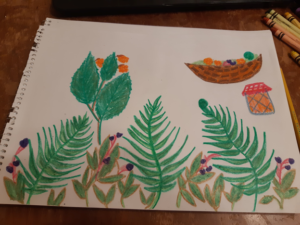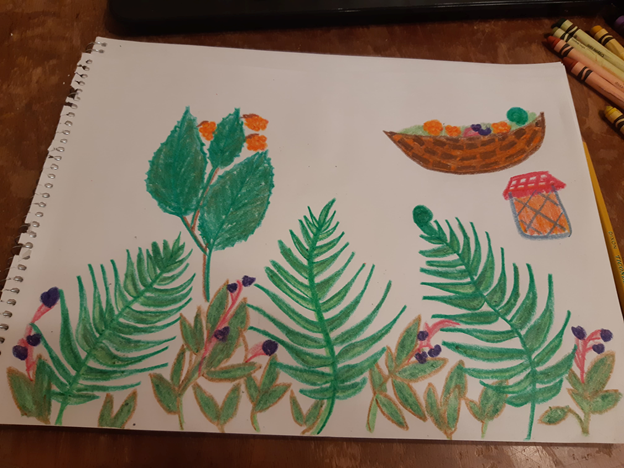INDIGENOUS AND NEWCOMER RELATIONS- Cedar & Bamboo
As a previous ubc kid who lived in Vancouver for many, many years, this video challenged me in ways that I think were directly linked to being a white settler in a place hellbent on whitewashing the deeply rooted histories present there. The racism directed at Chinese people is ever present in that city, and as a result I conveniently equated racism to anti- (east) asian sentiment. What an incomplete picture of the racism ever-present in the city of glass given the ongoing housing crises and opioid epidemics that are directly linked to the white supremacy forced onto Indigenous people. What an incomplete picture for the city that hosted the Komagata Maru. What an incomplete snapshot of the xenophobia ever present in every side glance, every ‘joking-not-joking’ tweet, every more tightly grasped bag on the 99 b-line. I was challenged by this video when I realized I thought of Indigenous people as wholly Indigenous, or half-Indigenous-half-white. Making whiteness default, making whiteness ever dominant, an obscured and racist bias I need to confront in myself going forward, particularly if I hope to safely teach children.
What I found most powerful was the naming and claiming done by these folks in the video who had joint heritages between their Indigenous ancestors and their Chinese ones. By relying on specificity, their ability to highlight how the different sides of themself inform their relationship to place creates a clear snapshot of life as a part Indigenous or part Chinese person in Canada today. Howard Grant is such a powerful man in Vancouver and UBC I was taken aback to see him share his Chinese side and the vulnerabilities he feels in feeling a part of the Chinese community, and it highlighted for me the need to investigate your ancestral roots in order to investigate yourself. Initially I figured I would say that making ongoing relationships with Indigenous caretakers that centre reciprocity over tokenism a main goal, and now I also thing that being authentic in all ongoing relationships you seek is vital to community health. Always remembering, as was said early in the video, that, “the people of this land helped us grow our roots”. My roots, the roots of settlers and newcomers, are simply in this soil, but are not of the soil. And we can only be strongly rooted if the soil itself, the Musqueam (and largely, the Indigenous) caretakers, are strong enough to host us in their land first and foremost.

Salal, ferns and salmonberries
My question: how can you investigate students’ ancestral heritage that honours kids who are in foster care, don’t know where they came from, etc.?

Leave a Reply